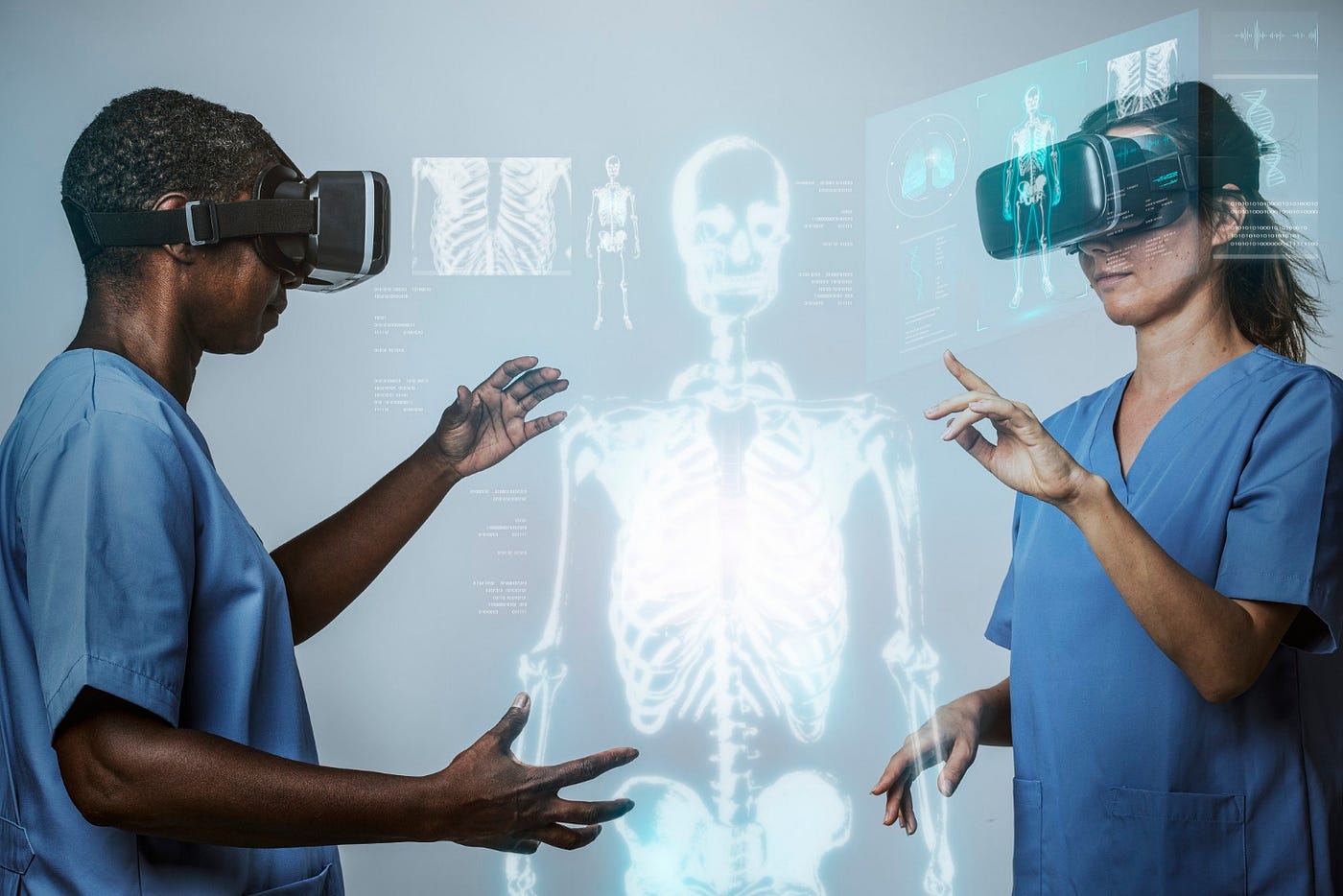
Wanted: Remote Sick Care Workers
According to a recent Linkedin report, working from home isn't a barely tolerated eccentricity anymore -- it's become a competitive advantage. Fresh data from LinkedIn's Economic Graph team shows a big leap during March in remote-work job postings by U.S. companies of all sizes.
BC (before COVID), most healthcare workers did side hustles remotely. AC (after COVID), working from home is de rigueur and likely to be a permanent fixture. The most obvious job is being a teledoc, but, I suspect the sickcare help wanted section will be advertising for:
- Anything tech
- Patient service advisors
- Data navigators
- Public health disease detectives and contact trackers
- Finance and accounting
- Human resources
- Revenue cycle management
- Anything artificial intelligence
- Biomedical and clinical innovation consultants, advisors and medical directors
- Remote medical educators
- The majority of people who do not actually take care of patients
- The majority of managers who supervise those who do not actually take care of patients
A recent MIT report on "Work of the Future" addresses what might be the most critical question of the digital economy: As emerging technologies raise aggregate economic output and the wealth of nations, will they also enable people to attain greater economic security and improved health and longevity?
Creating a 21st Century health care workforce will take some heavy lifting to fill the gaps that are being created by the formal and informal forces driving change. Those forces include:
- The recognition that population health is created or destroyed by socioeconomic determinants like nutrition, education, transportation and housing.
- Information and communications technologies are becoming more complicated and pervasive, creating, in some sense, a data industry that happens to take care of patients.
- The ratio of sick care to health care is gradually shifting.
- K-20 education integration is sorely lacking. There is an international crisis in finding teachers willing to work long hours for little pay and recognition, graduate school education and medical school education is badly in need of reform, and higher education business model is crumbling under its own weight.
- Technological change is happening so quickly, some question the ability of humans to cope and adapt to it.
- High tech is creating the need for ever more high touch.
- Most of the jobs of the future have yet to be created.
- Robotics, AI, VR/AR and other advances will create more jobs than they displace.
- Man has to learn how to work with machines, fixing them not fighting them.
- Entrepreneurship, i.e. the pursuit of opportunity with scarce resources with the goal of creating user-defined value through the deployment of innovation, needs to be part of the learning goals of every student and program at every educational level. We need entrepreneurial medical schools.
- The jobs of the future need to be market responsive.
- Teaching technologies should respect different learning styles and be more mass customized.
- AI and the 4th industrial revolution will eliminate the need for people to do certain jobs and will fundamentally change how others are directly and indirectly impacted.
- The job description of sick care workers are different from those of healthcare workers and require different skills. Here are five strategies for developing a next-gen workforce.
- Like all industries, sickcare is becoming more and more of a data driven industry that happens to take care of patients. Computer and data scientists and doctors will increasing have to learn how to speak and understand each other's language. Data literacy in the new Mandarin.
So. what should you do now to find a sickcare job in a recession?
Pick and Choose Your Targets
Concentrate on Growth Industries
Pick your spot
Work Your Network
Sell Yourself
Consider a side hustle
Take a Temporary Position
Sweat the Small Stuff
Stay Positive
Redo your Linkedin profile
Since higher education and the medical education establishment suffers from craniorectal inversion syndrome when it comes to rapidly responding to the new world, expect edupreneurs to create education and training programs to graduate the remote sickcare workforce of the future. If you are interested in being one of those people, follow these principles of entrepreneurship and be sure to you have the word "remote" on your Linkedin profile.
Arlen Meyers, MD, MBA is the President and CEO of the Society of Physician Entrepreneurs on Twitter@ArlenMD and Facebook page.
Trending
-
1 Mental Health Absences Cost NHS £2 Billion Yearly
Riddhi Doshi -
2 Gut Check: A Short Guide to Digestive Health
Daniel Hall -
3 London's EuroEyes Clinic Recognised as Leader in Cataract Correction
Mihir Gadhvi -
4 4 Innovations in Lab Sample Management Enhancing Research Precision
Emily Newton -
5 The Science Behind Addiction and How Rehabs Can Help
Daniel Hall





Comments